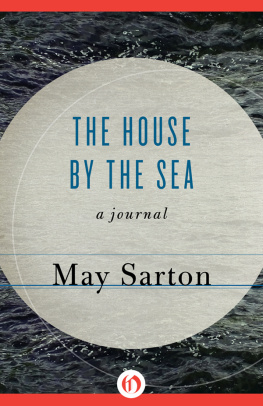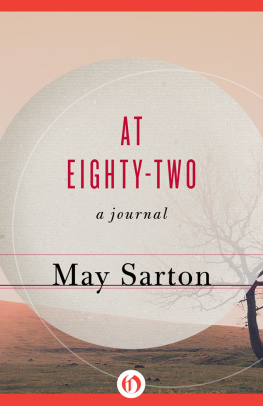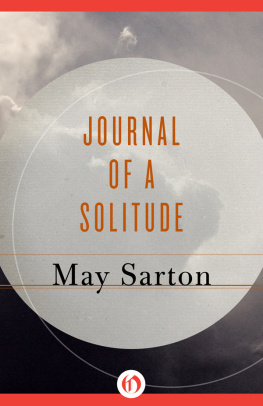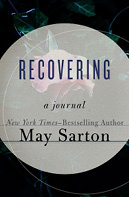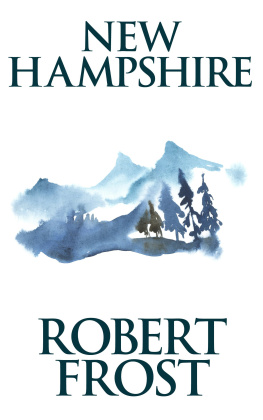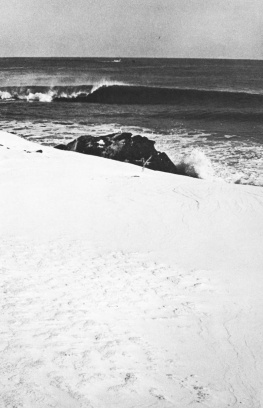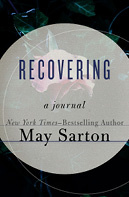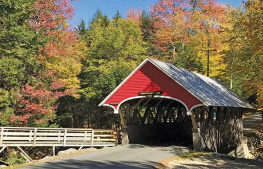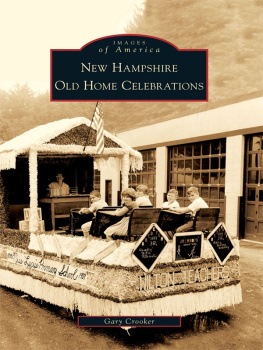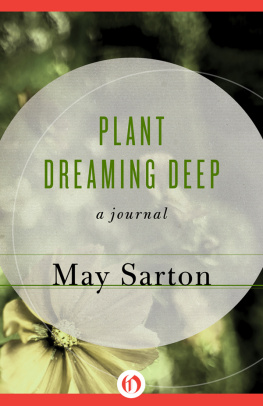Sarton - The house by the sea : a journal
Here you can read online Sarton - The house by the sea : a journal full text of the book (entire story) in english for free. Download pdf and epub, get meaning, cover and reviews about this ebook. City: New York, year: 1977, publisher: Open Road Integrated Media;Norton, genre: Detective and thriller. Description of the work, (preface) as well as reviews are available. Best literature library LitArk.com created for fans of good reading and offers a wide selection of genres:
Romance novel
Science fiction
Adventure
Detective
Science
History
Home and family
Prose
Art
Politics
Computer
Non-fiction
Religion
Business
Children
Humor
Choose a favorite category and find really read worthwhile books. Enjoy immersion in the world of imagination, feel the emotions of the characters or learn something new for yourself, make an fascinating discovery.
- Book:The house by the sea : a journal
- Author:
- Publisher:Open Road Integrated Media;Norton
- Genre:
- Year:1977
- City:New York
- Rating:5 / 5
- Favourites:Add to favourites
- Your mark:
- 100
- 1
- 2
- 3
- 4
- 5
The house by the sea : a journal: summary, description and annotation
We offer to read an annotation, description, summary or preface (depends on what the author of the book "The house by the sea : a journal" wrote himself). If you haven't found the necessary information about the book — write in the comments, we will try to find it.
Abstract: A poet and novelist tells of moving from her New Hampshire village home to a seacoast home in Maine
The house by the sea : a journal — read online for free the complete book (whole text) full work
Below is the text of the book, divided by pages. System saving the place of the last page read, allows you to conveniently read the book "The house by the sea : a journal" online for free, without having to search again every time where you left off. Put a bookmark, and you can go to the page where you finished reading at any time.
Font size:
Interval:
Bookmark:

The House by the Sea
A Journal
May Sarton

F OR B EVERLY H ALLAM and M ARY -L EIGH S MART
Preface
W HEN I MOVED to this house by the sea in May of 73 I had it in mind to keep a journal, to record the first impressions, the fresh imprint of a major change in my life, but for a year and a half the impulse to be silent and to live into this new place before speaking about it remained very strong. For months the sea was such a tranquilizer that I sometimes wondered whether I had made a fatal mistake and would never be able to write again. The Journal of a Solitude had been a way of dealing with anguish; was it that happiness is harder to communicate, or that when one is happy enough there is little incentive even to try to sort out daily experience as it happens? I became haunted by something I read years ago to the effect that when the Japanese were in a period of peace they painted only fans.
Why, then, had I made the move, left Nelson and my friends there, left village life that had taught me so much, left the hills of home, the only house I shall ever own, the garden I had created with so much labor over fifteen years? Why move into a much larger house at a time in my life when it might have seemed sensible to pull in my horns?
Such major decisions are made on instinct rather than reason, and in them chance plays a part after all, it had been quite by chance that I landed in Nelson in the first place, for fifteen years ago I had looked in vain for a house by the seahouses by the sea with any privacy, with any considerable land, were beyond my means. As I think it over now, I realize that the decision to leave Nelson had been ripening in me for over a year. I knew it was time to go, time for radical change.
Of course there were reasons. My house was right on the village green, too exposed; too many strangers in the last years found their way to my door. At the end I began to feel I lived in a museum and had become a target for public curiosityflattering perhaps, but hard to handle. If I turned such visitors away I felt guilty, and if I asked them in I felt invaded. Another reason was that both Quig and Perley Cole had died and, with them, two of the major friendships born of that place. But the most imperative reason was that I had been through a traumatic personal experience in Nelson in the last two years there, and the house itself felt contaminated by pain.
Nevertheless I might have stayed on had it not been for an extraordinary act of chance, and an extraordinary act of friendship that made major change as easy as the opening of a door. Had the guardian angel been at work? It did seem so when my friends Mary-Leigh Smart and Beverly Hallam came over from Ogunquit, Maine on April 9, 1971, to pick up a monotype of Bevs for her retrospective show. They were full of excitement as they had just bought an old estate on the coast near York and were in the midst of making plans to build a modern house right on the rocks. They described vividly the combination of open fields, rocky beaches, ponds, a swamp, and the big woods at the back, and showed me photographs, and I listened. Later in the day I told them of my depression and that I seemed to be at a dead end in my own life. Then Beverly, with a twinkle in her eye, said, Take another look at the old house. I still did not understand what she was suggesting. They had mentioned that there was a house on the place, but I had not really paid attention so I looked again at the photograph of a shingled, many-windowed house set back on a knoll against big trees, looking down to the sea across a long field.
Why dont you come and live there, rent it from us, and settle in?
It was a staggering moment. Now that I might be able to move, would I dare? How could I leave Nelson, after all? Did I really want to?
I arranged to go over and have a look. And once I had stood on the wide flagstone terrace and looked out over that immensely gentle field to a shining, still, blue expanse, the decision was taken out of my hands. I had to come. The landscape, not the house at first, was the magnet after all, Mrs. Stevens, a character in a novel of mine who bears some resemblance to me, felt that the sea was her final muse.
I had two years in which to dream myself into the change, sell Nelson, and pull up roots. And before the next year was out I had sold to Nancy and Mark Stretch, whom I felt at once would be the right people for the villageyoung, determined to live a country life and bring up the children they hoped to have in just such a village. Mark was then an apprentice to a cabinetmaker and would make the barn into a workshop.
Meanwhile I went back and forth to Wild Knoll, measuring walls for bookcases, closing off one big porch to make wall space for the old Belgian furniture, laying a yellow rug in the library (to remind me of the yellow floor at Nelson), choosing colors for the rather dark kitchen, feeling my way into large spaces. Eleanor Blair suggested that I make one large bay window into a plant window, and that has worked better than I could have dreamed. It is really like a small greenhouse, filled with flowering plants all year long. My one anxiety when I first walked through the empty rooms, so large and full of light, was where to find the shelter I need for my work. And when I finally climbed to the third floor, there it wasa room paneled in soft beige-colored pine, under the eaves, the small windows looking down on the grassy path to the sea on one side and into the treetops on the other, for the house stands high on a knoll.
The grassy path
If there is one irresistible piece of magic here among many others, it is the slightly curving path down to the sea that begins in flagstones on the lawn, cuts through two huge junipers, and proceeds, winding its way down to Surf Point, through the wood lilies in June, to tall grasses in summer, the goldenrod and asters in September, leading the eye on, creating the atmosphere of a fairy tale, something open yet mysterious that every single person who comes here is led to explore. It is the signature of the place, and also perhaps of its former owner, Anne Robert.
It was she who came here and turned a rather modest house into a lordly summer cottage by building out on each side the wings of enclosed porches, by laying the great terrace and its stone wall, and enclosing the formal garden with flowering bushes and trees. It was she, no doubt, who installed casement windows and had built the curving fence, a bower of purple and white clematis in June; she perhaps who planted the big pines, spruce, hemlock, and oaks at the back, so the house stands against, and is sheltered by, a small forest.
I feel her presence everywhere and it is a wholly beneficent one. I like to think she would be glad to know that someone is working in her garden again, planting bulbs and tree peonies and azaleas, keeping it all alive. She loved this place and her love of it and happiness in it have been contagious.
I knew from the first moment, in May of 73, a few days after the move that I have slipped into these wide spaces, this atmosphere of salt and amplitude, this amazing piece of natural Heaven and haven, like a ship slipping into her berth. But it was a year and a half later when I felt ready to start a journal. It was designed to be the record of my happiness here. But a journal cannot be planned ahead, written as it is on the pulse of the moment. I could not know that in 197475 I was to lose three of my oldest friends, nor that in the spring of 75 I would be nearly incapacitated by a long siege of virus infection in my throat. So what began in joy ended by being shot through by grief and illness, although the leitmotif is still the sea, and the house by the sea, and the garden by the sea.
Font size:
Interval:
Bookmark:
Similar books «The house by the sea : a journal»
Look at similar books to The house by the sea : a journal. We have selected literature similar in name and meaning in the hope of providing readers with more options to find new, interesting, not yet read works.
Discussion, reviews of the book The house by the sea : a journal and just readers' own opinions. Leave your comments, write what you think about the work, its meaning or the main characters. Specify what exactly you liked and what you didn't like, and why you think so.

